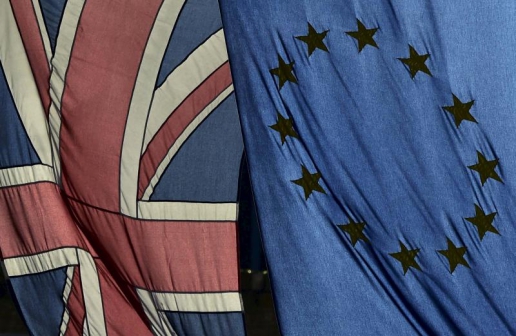×
The Standard e-Paper
Stay Informed, Even Offline

Leaving the European Union would cost the average working Briton the equivalent of a month’s salary by 2020.
The Organisation for Economic Co-operation and Development (OECD) gave the warning yesterday, joining a chorus of economic bodies warning against an exit.